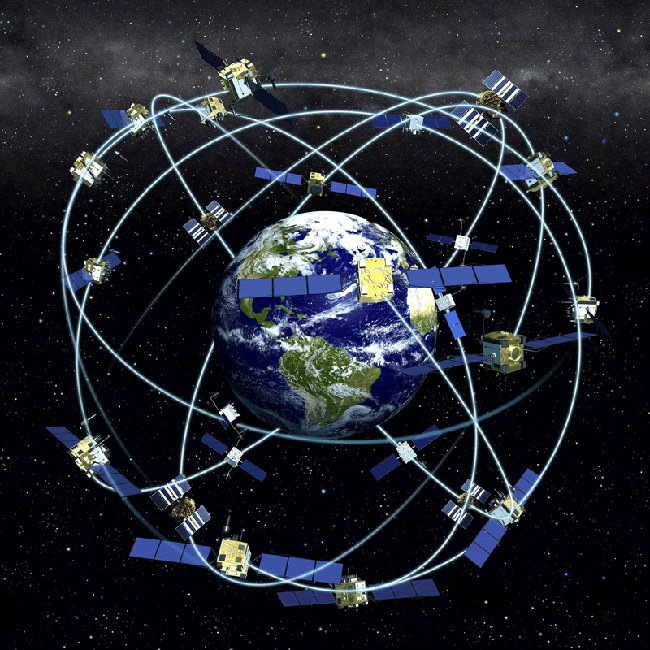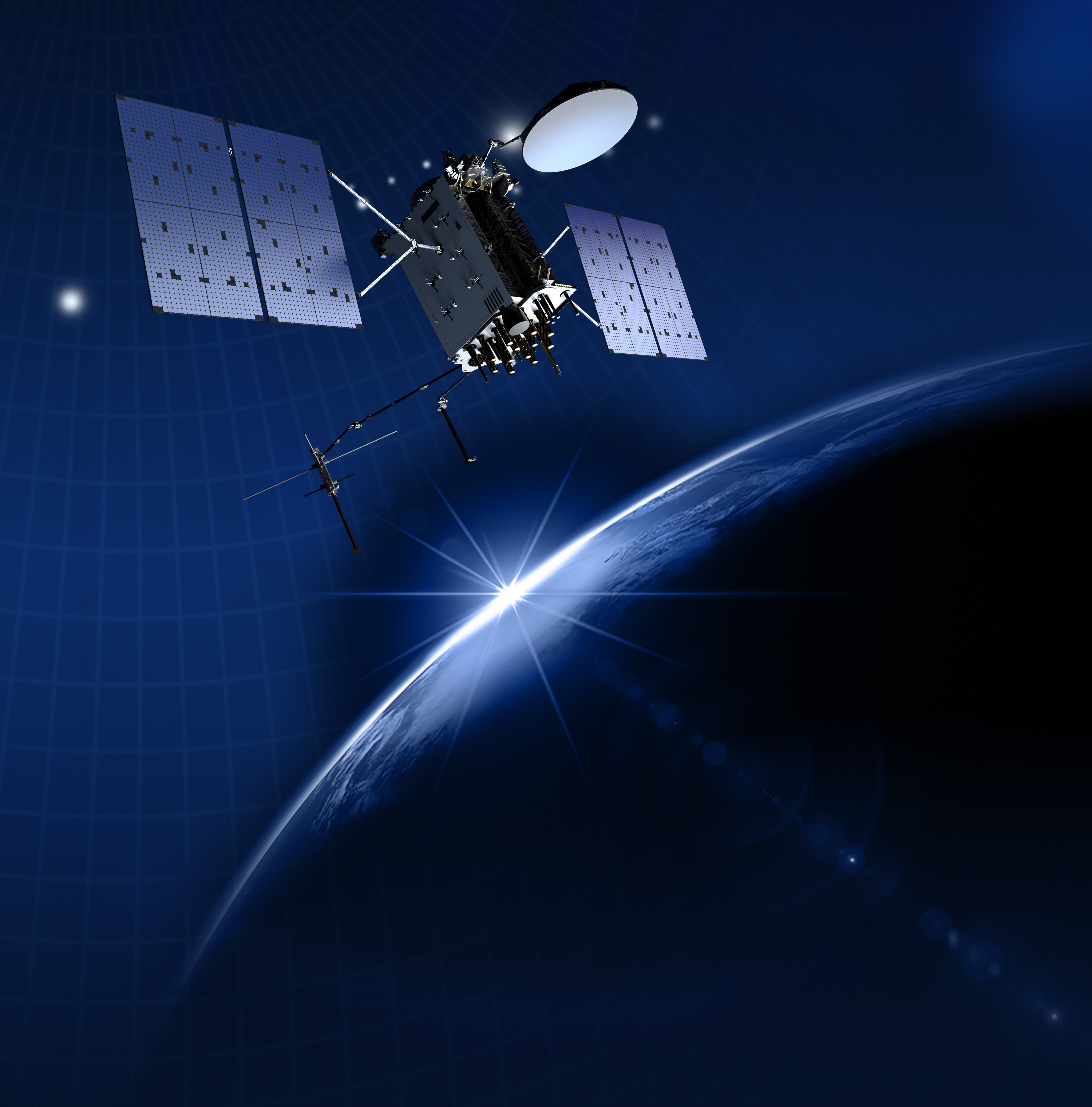The Global Positioning System, or GPS, is a technology most of us use daily. It helps us navigate, find our way, and even track our fitness.
GPS has become essential in our lives. From driving to unknown places to finding a nearby restaurant, GPS is there to guide us. But how does this technology work? And how did it become so vital? In this blog post, we will explore the basics of GPS, its history, and its many uses.
You'll learn about the satellites that make it all possible and how devices use this information. Whether you're a tech enthusiast or just curious, this guide will help you understand the incredible world of GPS.
Credit: www.spaceforce.mil
How GPS Works
GPS satellites are in space. They circle the Earth. Each satellite sends a signal. These signals carry information. The signals tell the satellite's location. They also tell the current time.
GPS uses triangulation. This method finds your exact location. Your GPS device receives signals from satellites. It needs at least three signals. The device calculates your position. It measures the distance to each satellite.
Credit: www.spaceforce.mil
Components Of GPS
The space segment consists of satellites. These satellites orbit the Earth. They send signals to the ground. These signals help in determining location. There are at least 24 satellites. They ensure full coverage of the Earth. Each satellite has an atomic clock. This clock keeps precise time. The satellites are very reliable.
The control segment manages the satellites. It has ground stations. These stations monitor the satellites. They ensure satellites are working well. Ground stations send commands to the satellites. They update satellite positions. They also correct any errors. The main control station is in the USA. There are also other monitoring stations worldwide.
The user segment includes GPS receivers. These receivers are in devices. Examples are phones and cars. They receive signals from the satellites. They use these signals to find their position. The receivers are easy to use. They provide accurate location information. This helps in navigation and other tasks. Many people rely on GPS daily.
Applications In Everyday Life
Global Positioning System (GPS) helps find locations on maps and guides people while driving. It assists in tracking lost items and monitoring fitness activities.
Personal Navigation
GPS helps people find their way. Smartphones use GPS for maps. It shows the fastest routes. You can avoid traffic. Find nearby places like restaurants and parks. Many apps use GPS to guide you. It works anywhere in the world. Easy to use. Safe to travel.
Vehicle Tracking
GPS tracks cars and trucks. Parents know where their kids are. Companies track deliveries. It helps find stolen vehicles. Taxi services use it for efficient routes. It saves time and fuel. Important for emergency services too. Quick help in accidents or breakdowns. Keeps everyone safe.

Credit: spaceplace.nasa.gov
Impact On Industries
GPS helps planes and ships navigate safely. Pilots and captains use it to find their location. It shows the best route to take. This saves time and fuel. GPS also helps in emergency situations. It can guide rescue teams quickly. Accurate navigation is very important for safety.
Farmers use GPS to plant and harvest crops. They know exactly where to work. This improves productivity and saves money. In construction, GPS guides machines to dig or build precisely. This makes work faster and more efficient. GPS also helps in monitoring progress and managing resources better.
Challenges And Limitations
GPS signals can face problems. Buildings, trees, and mountains block signals. Bad weather also affects them. Sometimes, signals get weak or lost. This can lead to errors. Wrong locations might be shown. Urban areas have more signal issues. Tall buildings are the main cause. Jamming devices can block signals too. They are used by some to disturb GPS.
GPS tracks your location. It knows where you go. Some worry about this. They fear for their privacy. Companies collect this data. They use it for ads. Sometimes, this data gets shared. It might go to other people. This can be unsafe. Privacy is important. We must protect it.
Advancements In GPS Technology
Augmented GPS systems improve accuracy. These systems use extra data sources. They help reduce errors. This makes location tracking more precise. Many vehicles use augmented systems. Airplanes and ships also use them. Enhanced GPS helps in navigation. It is reliable and efficient.
Future GPS will be even better. It will offer more accuracy. It will also be faster. New satellites will be launched. These will cover more areas. They will work better in cities. Improved systems will help in emergencies. They will save lives. Future GPS will be a big help for everyone.
Global Impact
The Global Positioning System (GPS) helps many businesses. Farmers use it for precision farming. This means more food and less waste. Truck drivers use GPS to find the best routes. This saves time and fuel. Delivery services are faster and more reliable. GPS also helps in disaster management. It helps save lives and property.
GPS has changed how we live. It helps us find new places. We can explore without getting lost. Many apps use GPS for different services. Ride-sharing apps like Uber depend on GPS. GPS also helps in finding lost pets. It makes our lives more convenient and connected.
Frequently Asked Questions
What Is The Global Positioning System?
The Global Positioning System (GPS) is a satellite-based navigation system. It provides location and time information. GPS is used in various applications, including navigation, mapping, and timing.
How Does GPS Work?
GPS works by using a network of satellites. These satellites send signals to GPS receivers. The receivers calculate their position based on these signals. This process provides accurate location information.
What Are The Uses Of GPS?
GPS is used for navigation, mapping, and timing. It helps in vehicle navigation, outdoor activities, and location tracking. GPS is also used in scientific research and military operations.
How Accurate Is GPS?
GPS accuracy varies based on the device and conditions. In general, it provides location accuracy within 5 to 10 meters. Some advanced systems offer even higher accuracy.
Conclusion
The Global Positioning System (GPS) shapes our modern world. It offers precise navigation and timing. Everyday tasks become easier with GPS technology. Finding directions, tracking fitness, and managing logistics rely on it. The future holds even more advancements. Staying informed about GPS can benefit everyone.
Embrace its potential to simplify life. GPS is here to stay, guiding us every step.
.png)








0 Comments